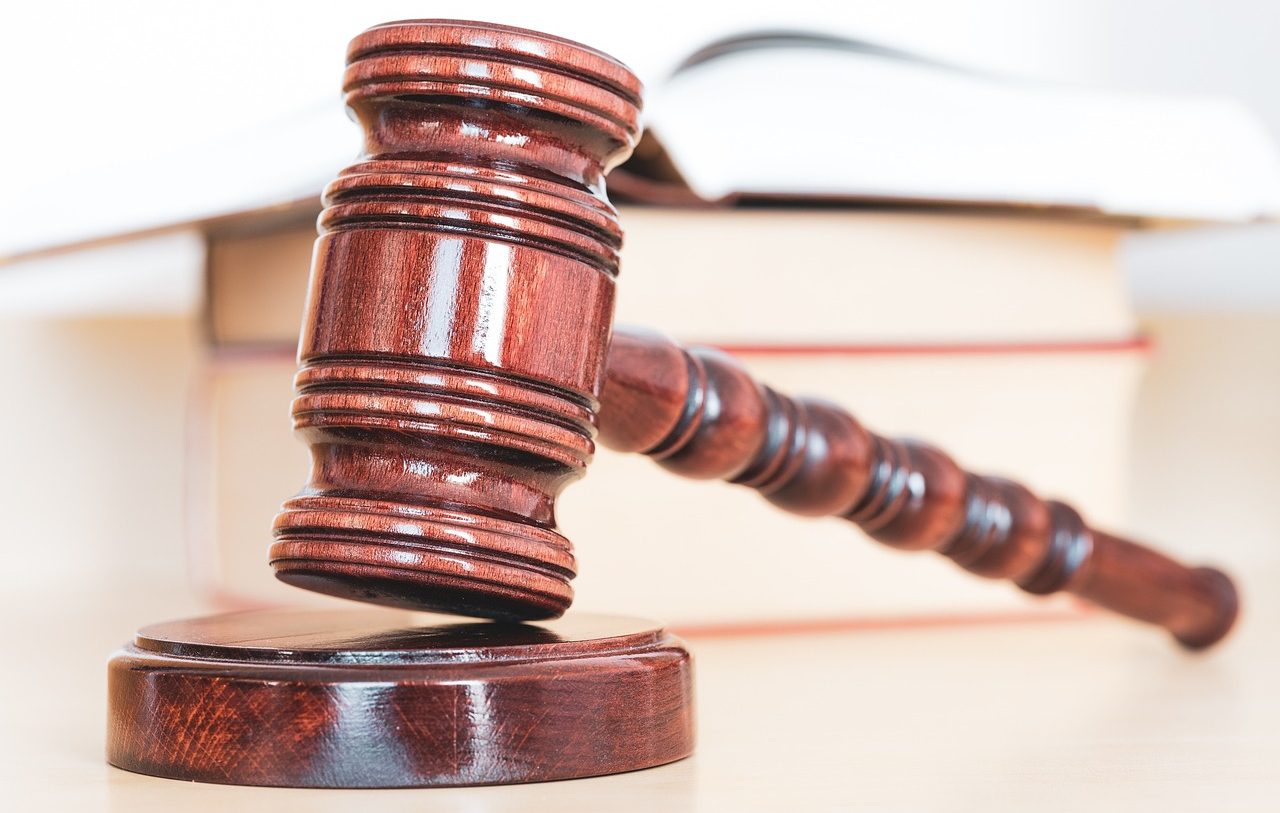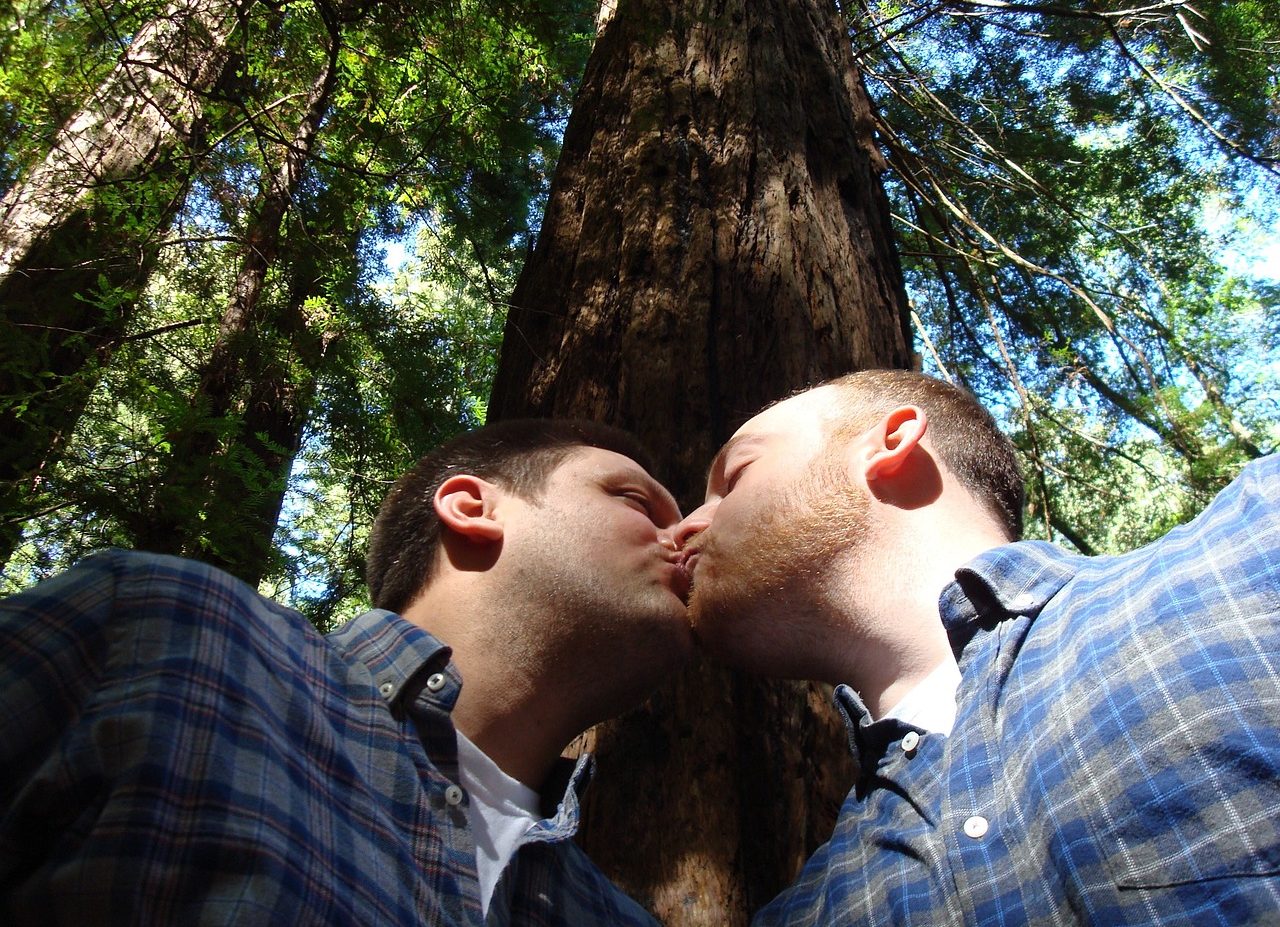
LGBTIQ+ rights are covered by anti-harassment legislation.
LGBTIQ+ rights are the guarantees and powers available to people who are part of a sexual minority . A sexual minority, meanwhile, is understood to be a social group whose members have a sexual orientation, gender expression and/or gender identity that is different from that of the majority.
These people are often victims of discrimination due to this condition linked to sexuality and gender. Faced with this reality, it is common for legislation to provide specific protection for these individuals and also provide punishment for their aggressors or oppressors, although the laws vary according to each country.
It should be noted that the acronym LGBTIQ refers to lesbian, gay, bisexual, trans, intersex and queer . The plus symbol ( + ), meanwhile, refers to other dissidents and minority communities.
History of LGBTIQ+ rights
The history of LBGTIQ+ rights was built little by little over a very long period of time. In any case, the 1960s are often mentioned as the beginning of the gay liberation movement and LGBTIQ+ activism .
This origin is usually framed in a context in which the fight for non-discrimination, human rights and civil liberties intensified. At that time, for example, feminist proclamations and protests against racial discrimination were also strengthened. The rise of the hippie movement in the United States and the outbreak of the so-called French May were other phenomena that contributed to the development of a framework that allowed raising the demand for greater security and legal protection for sexual minorities, habitual victims of harassment and violence.
A key event for the emergence and organization of LBGTIQ+ activism was the Stonewall uprising . On early June 28, 1969 , a police raid on the Stonewall Inn bar (in the Greenwich Village area of New York ) that included arrests and mistreatment led to a series of riots and demonstrations. Shortly thereafter, this activism was formalized with the creation of the Gay Liberation Front .
The demands in favor of sexual diversity and against gender discrimination were reflected in different types of inclusion policies and anti-homophobia laws . In any case, LGBTIQ+ legislation continues to differ greatly depending on the country.

Working in an inclusive work environment is one of the LGBTIQ+ rights.
sodomy
The idea of sodomy is associated with sexual practices that go beyond vaginal intercourse. The term is disqualifying and can even be reflected in laws that consider certain sexual acts to be crimes because they are indecent or unnatural.
Sodomy laws frequently punish homosexuality . More than sixty nations contemplate sanctions in their legislation for sexual acts between homosexuals, even when they are consensual between adults.
Saudi Arabia,Cameroon,Taste,Indonesia,Liberia, Morocco,Nigeria,Saint Lucia,Syria yTonga son algunos países que castigan legalmente la homosexualidad. En varios de ellos incluso se contempla la death penalty.
At the same time, most States have made progress since the 18th century onwards in the decriminalization of these practices. Although this implies progress, there were also marked advances in the recognition of LGBTIQ+ rights such as the authorization of equal marriage and adoption by same-sex couples .

The elimination of conversion therapies is part of LGBTIQ+ rights.
Promoting LBGTIQ+ rights
LBGTIQ+ rights are promoted by activists and NGOs but also by the United Nations ( UN ). Efforts aim to ensure that homosexuality is not punished and that the State recognizes links between individuals of the same sex, as well as the establishment of laws against harassment and discrimination.
Human Rights Watch y Amnesty International son organizaciones que promueven el reconocimiento de losLBGTIQ+ rights como derechos humanos. En el caso de Amnesty International, la entidad destaca que, en muchos países, pertenecer a una minoría sexual implica estar en riesgo. Pero también advierte que, aún sin enfrentarse a un peligro de muerte, las lesbiana, los gais, los bisexuales, los trans, los intersexuales y los queer que viven en otras regiones padecen actos de discriminación que atentan contra su bienestar.
In this way, Amnesty International highlights that, beyond criminal punishment, members of the LGBTIQ+ community may encounter obstacles to obtaining employment and receiving medical care. They may also suffer harassment in their workplaces.
It is interesting to note that the Canadian jurist Louise Arbour , while she was head of the Office of the United Nations High Commissioner for Human Rights , asked more than a dozen specialists in international human rights law to prepare a document on LGBTIQ+ rights . The experts met between November 6 and 9, 2006 at the University of Gadjah Mada ( Indonesia ) and thus the Yogyakarta Principles were born.
This document includes 29 principles that revolve around how to apply international human rights legislation regarding gender identity and sexual orientation. The purpose is to guarantee the human rights of sexual minorities.
The Yogyakarta Principles include recommendations to the UN and governments, but they do not constitute a treaty and therefore do not function as a binding instrument. However, their drafters encourage them to be considered a legal standard with mandatory compliance for States.
